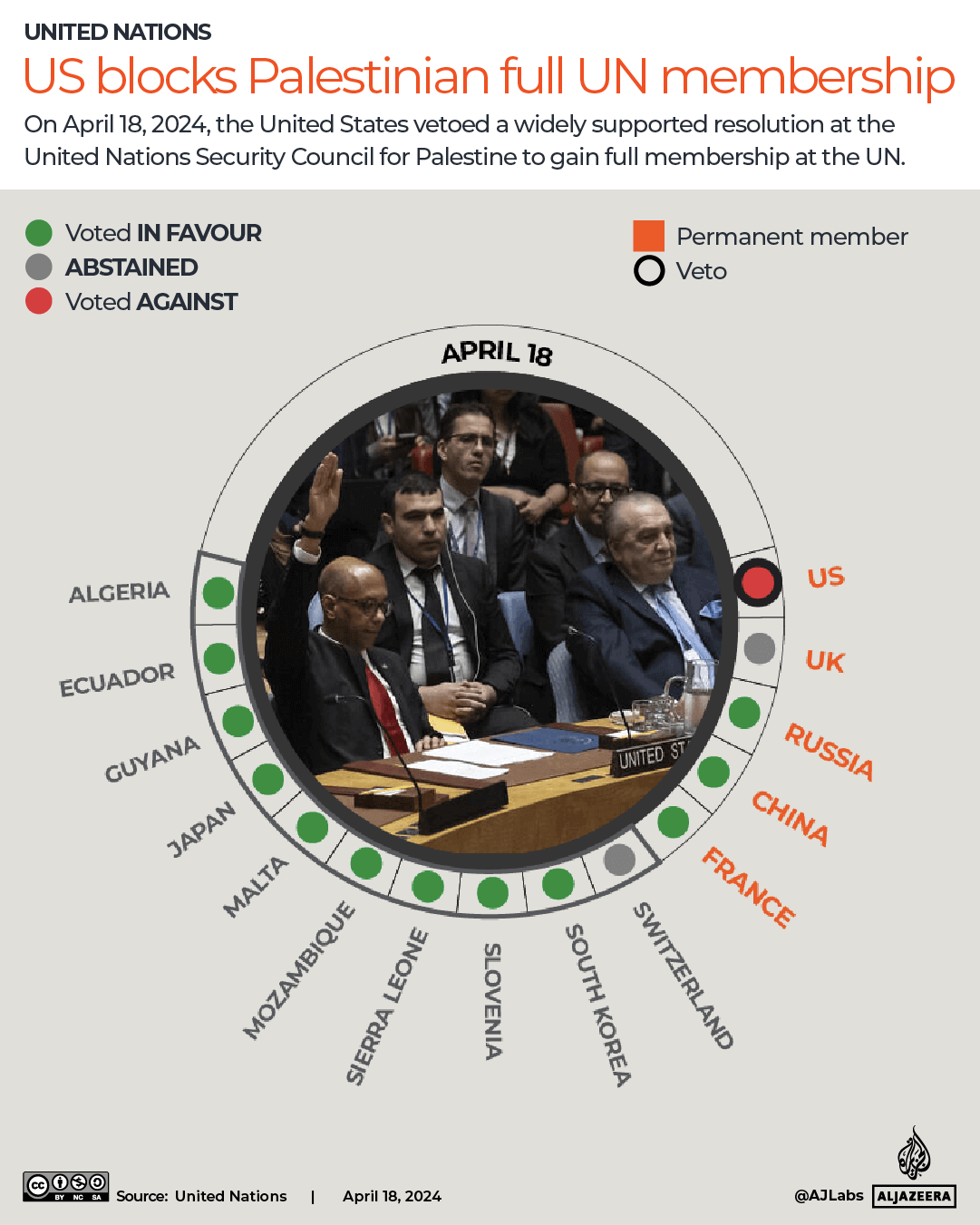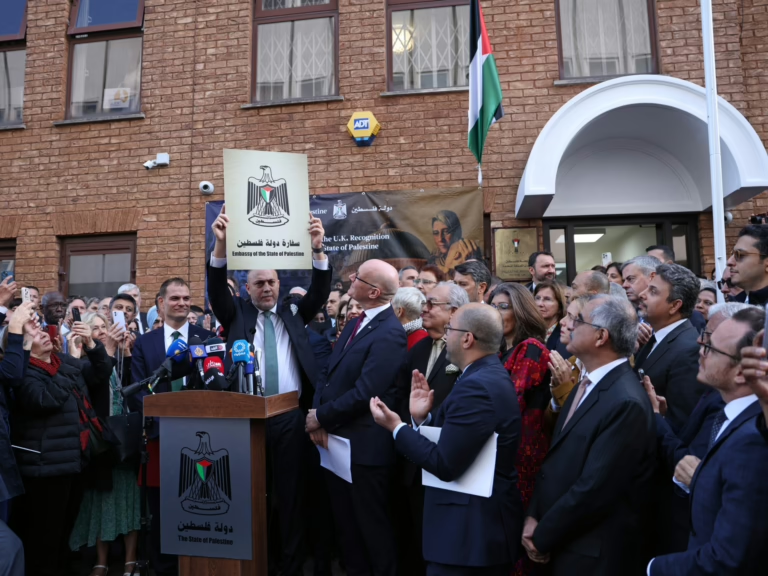At the 80th session of the United Nations General Assembly (UNGA), France, Luxembourg, Malta, Monaco, Andorra, and Belgium officially acknowledged the State of Palestine.
These nations join Canada, Australia, Portugal, and the United Kingdom-which declared its recognition just this past Sunday-as Israel continues to expand settlements in the occupied West Bank and intensifies its devastating military campaign in Gaza.
The UK’s formal recognition of Palestine arrives over a century after the Balfour Declaration endorsed the creation of a “national home for the Jewish people” in Palestine, and 77 years following the establishment of Israel within the British Mandate territory.
“Amid the escalating crisis in the Middle East, we are taking steps to preserve the hope for peace and a two-state solution,” UK Prime Minister Keir Starmer stated in a video message on Sunday.
This wave of recognition from prominent Western countries-traditionally strong allies of Israel-highlights Israel’s increasing diplomatic isolation as the conflict in Gaza has claimed the lives of more than 65,000 Palestinians.
Which Nations Have Recognised Palestine?
To date, 157 out of the 193 United Nations member states, accounting for 81% of the global community, officially recognize Palestine as an independent state. Additionally, the Holy See, representing the Vatican and the Catholic Church, holds non-member observer status at the UN and also recognizes Palestine.
The full list of these countries can be viewed in the table below:
What Does Recognition Entail?
Official recognition of Palestine enhances its international legitimacy, empowers it to hold Israeli authorities accountable for the ongoing occupation, and increases diplomatic pressure on Western governments to pursue a viable two-state resolution. Specifically, recognition enables Palestinians to:
- Establish embassies with full diplomatic privileges
- Negotiate and enter into trade agreements
- Gain representation and support in global forums
- File cases with the International Criminal Court (ICC)
However, recognition alone will not:
- Bring an immediate end to the conflict in Gaza
- Halt Israel’s military occupation and settlement activities
While it may not instantly alter Israeli policies in the occupied territories, this growing international endorsement signals a significant shift in global attitudes toward Palestinian sovereignty.
Martin Griffiths, head of Mediation Group International, emphasized to Al Jazeera that recognition is merely the initial phase.
“Recognition opens the door, but it is not the final destination,” Griffiths explained, urging countries like the UK to fulfill their responsibilities under international law by facilitating humanitarian aid, ceasing arms exports, and lifting blockades.
He also highlighted the necessity for reforms within the Palestinian Authority to enhance its governance capabilities, citing ongoing initiatives by France, Saudi Arabia, Norway, and Spain.
“This development offers hope, but it does not guarantee a peaceful future yet,” Griffiths concluded.
Alongside Mexico, these recognitions mark 11 new endorsements in 2025 and the 20th since the outbreak of Israel’s war on Gaza in October 2023, reflecting a mounting wave of global support for Palestinian statehood.
Israel’s Response
Israel’s ambassador to the UN, Danny Danon, dismissed the UN summit on Palestinian statehood as a “spectacle” and condemned the recognition efforts as rewarding terrorism.
Prime Minister Benjamin Netanyahu echoed this stance, labeling the UK’s recent recognition as a “reward” for Hamas and firmly stating that the establishment of a Palestinian state “will not occur.”
Prime Minister Benjamin Netanyahu:
“To those leaders recognizing a Palestinian state following the horrific October 7 attacks: you are awarding terror with a significant prize.”
– Prime Minister of Israel (@IsraeliPM) September 21, 2025
A Historical Overview of Palestinian Recognition
On November 15, 1988, amid the first Intifada, Yasser Arafat, then-chairman of the Palestine Liberation Organization (PLO), proclaimed the creation of an independent Palestinian state with Jerusalem as its capital.
Following this declaration, over 80 countries-primarily from Africa, Asia, Latin America, and the Arab world-swiftly extended recognition. Most European endorsements at that time came from former Soviet bloc nations.
The Oslo Accords, signed on September 13, 1993, marked the first direct negotiations between Israelis and Palestinians, envisioning the establishment of a Palestinian state alongside Israel. However, this vision has yet to be realized.
In 2012, the UN General Assembly overwhelmingly voted-138 in favor, 9 against, and 41 abstentions-to elevate Palestine’s status to that of a “non-member observer state.” This status allows Palestine to participate in debates and attend meetings but does not grant voting rights on resolutions.
The five permanent members of the UN Security Council (UNSC)-the United States, Russia, China, France, and the United Kingdom-hold veto power, a privilege established in 1945 as the principal victors of World War II. This veto enables any one of them to block resolutions regardless of majority support.
On April 18, 2024, the United States exercised its veto to block a widely supported General Assembly resolution that would have granted Palestine full UN membership, despite broad international endorsement.
The US has a longstanding record of vetoing UNSC resolutions critical of Israel, having done so over 50 times since joining the UN. This persistent use of veto power has frequently prevented actions addressing Israeli military operations, illegal settlements, and the occupation of Palestinian territories.


















